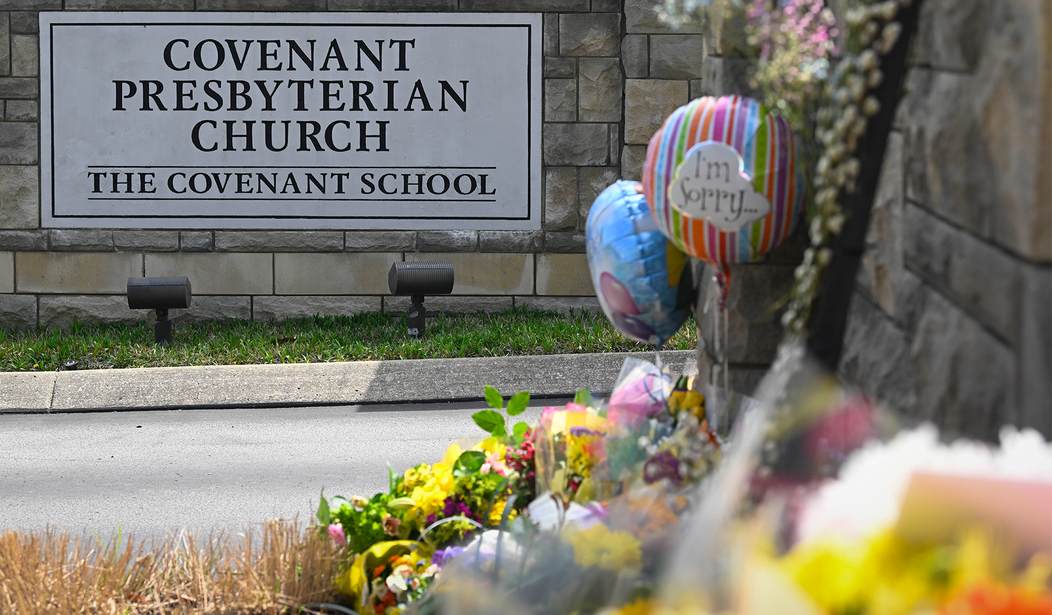The battle over the publication of the transgender Nashville shooter's manifesto continues after the release of photographs of three pages from one of the journals. A Nashville police department spokesperson says that seven officers have been placed on "administrative leave" following the leak of the documents on radio personality Steven Crowder's Rumble show.
The suit filed by the National Police Association to publish the documents as well as other efforts by news organizations to have the documents released are being resisted by the Nashville police claiming that their investigation into the shooter, Audrey Hale, is ongoing despite the fact police killed that Hale in the midst of carrying out the attack.
"Seven individuals are on administrative assignment (absolutely non-punitive) to protect the integrity of the active, progressing investigation. All seven have full police power. We are not identifying any of the seven by name. Not fair to them," a police department spokesperson said Wednesday afternoon.
Initially, the police were going to release the documents to the public but then stopped. There's been no explanation for the change of heart, although the families of the dead have expressed outrage that Hale would be able to hurt their families again.
But giving grieving families a veto over the release of relevant documents is a terrible precedent to set.
In court filings, they wrote that the public is entitled to the documents under open-records laws and the First Amendment, describing the shooter’s writings as a matter of public interest. The Tennessean wrote that it hoped to “bring to light additional facts regarding this incident, societal and mental health issues, and issues regarding firearms more broadly,” saying the documents could answer questions about the shooter’s motivations and access to firearms while under mental health treatment. The Tennessee Firearms Association argued that making the records public would “very likely prevent the killing of other school children.”
Separately, dozens of Republican Tennessee lawmakers sent an open letter to Drake to request the release of the writings, saying that understanding the motives of the shooter would inform school safety legislation.
Crowder made the point that “many of you don’t want this,” but documents from other shooters have been released in the past.
It's a good point and raises the issue: if Hale had written about wanting to kill blacks instead of "privileged" white people, would authorities be so eager to keep what was in that manifesto quiet?
As far as the families who suffered a tragic loss, one can certainly sympathize with them, but at what point does the public's right to know supersede their private grief?
Parents of several of the students killed have fought hard against the release, filing a motion to intervene in the legal battle. In an anguished and fiery declaration filed in court, parent Erin Kinney castigated media outlets “shamefully clamoring for these writings,” accusing them of being motivated by profit rather than public interest. Kinney, whose 9-year-old son William was among those killed, wrote: “I don’t need to read a single word this shooter wrote to know that there are no answers to be found.”
Making those words public, she wrote, could inspire copycats and would provide the notoriety many mass shooters seek.
It's not an easy issue to decide. But in the end, transparency and the public's right to know must win out. Whatever went through the mind of Aubrey Hale before death needs to be out in the open.










Join the conversation as a VIP Member